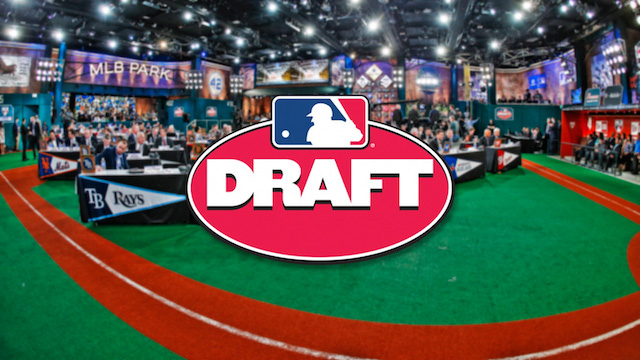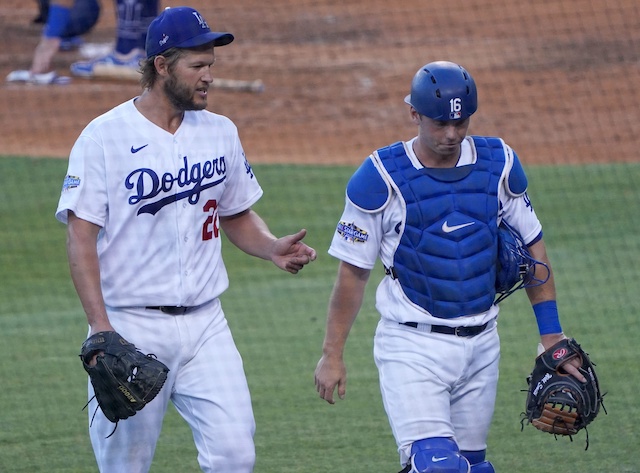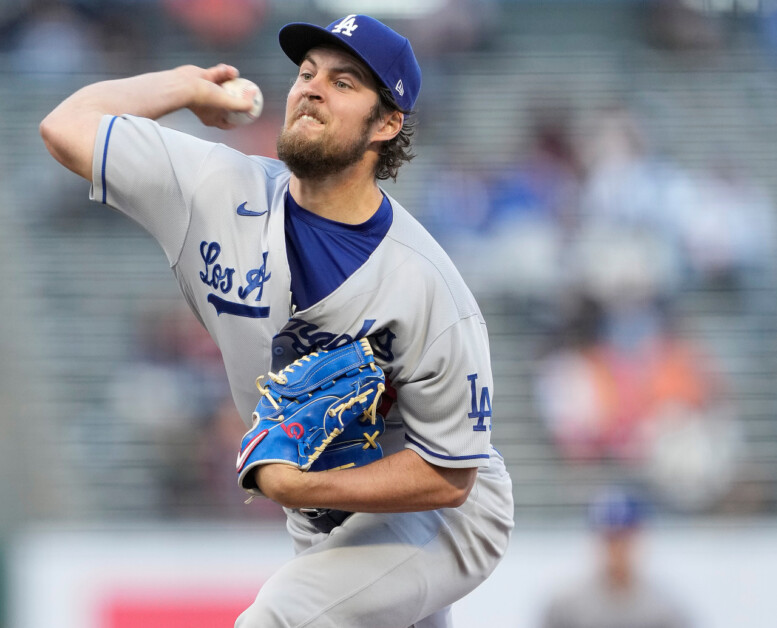As MLB and Players Association (MLBPA) took turns presenting collective bargaining agreement (CBA) proposals to one another, one of the major sticking points remained potentially implementing an international draft.
While a CBA ultimately came to fruition last week, a final decision on whether or not MLB will adopt an international draft isn’t due until July 25. That provides both sides with more time to further discuss the pros and cons with such a polarizing topic.
Under the 2017-21 CBA, international free agents were free to sign with any team wished. A draft for such players would require significant adjustments. An international draft provides massive discontent among the Latin American baseball community, and for good reason. Simply put, everything has changed.
MLB All-Stars Fernando Tatis Jr., Ronald Acuña Jr., and Juan Soto were all products of the original international free agency rules. They were able to sign for their respective bonuses and join a team of their choosing.
Under the proposed draft, however, international talent would subject be subject to the process American-born prospects begin their careers. While this can be viewed as a huge boon for teams that do not perform well in the international market, it has a profound impact on the clubs that do.
Teams that have very limited track records in regards to international free agency are the Colorado Rockies and Arizona Diamondbacks, with many of their top talents coming by way of the annual MLB Draft.
The traditional draft helps teams stay competitive and thus increases parity around the league. The other side of the argument, though, is that teams like the Los Angeles Dodgers and New York Yankees that excel in the open international market will suffer greatly.
They will have a competitive edge they have held for a long period of time stripped from them.
What are concerns with MLB international draft?
While this move appears to be good for the game’s future and integrity, there are many angles to analyze. The Latin American community has been vocal about their disapproval for an international draft, but at the end of the day, all that was initially occurring under the current system was special treatment.
Most American-born players who are drafted receive minuscule signing bonuses in comparison to those doled out to 16-year-old prospects from countries like the Dominican Republic. While an overwhelming chunk of the international market’s top earners prove to be worth the investment, tons of American baseball players provide a cheaper alternative, and have for quite some time.
The game of baseball and MLB in particular have been largely advanced by the integration of international free agency with foreign young stars growing the game at a rate once thought impossible.
Potentially implementing an international draft does not impact that growth in any way. In fact, there is an argument that exists that it actually enhance it. With a proposed 20-round draft, teams would be able to dip into an even larger pool of international prospects each year.
As previously mentioned, teams who already had existing advantages in the international market may lose some of their edge, but it could be limited. The draft would force teams with lackluster front offices to appoint more bright minds to succeed.
And if they choose not to, they will continue to fail at the same rate they always have.
An international draft is undoubtedly polarizing, but it does not have to be. If the Latin American baseball community buys into the new format, it could be a positive move for all parties involved.
Not only will more foreign-born players be selected rather than during a typical signing period, but they will also be spread evenly across the league. This, in turn, grows the game exponentially across different markets.
Now, there is little to no excuse for teams to fail in the international market as a whole.
The MLBPA has the best interest in mind for the collective union, including future talent that would come through the pipeline from nations like the Dominican Republic, Venezuela and Curaçao.
While it is controversial in the present due to its newness in the minds of fans and players alike, there is reason to doubt that an international draft format can represent a needed change.
Have you subscribed to the Dodger Blue YouTube channel? Be sure to ring the notification bell to watch player interviews, participate in shows and giveaways, and stay up to date on all Dodgers news and rumors!








